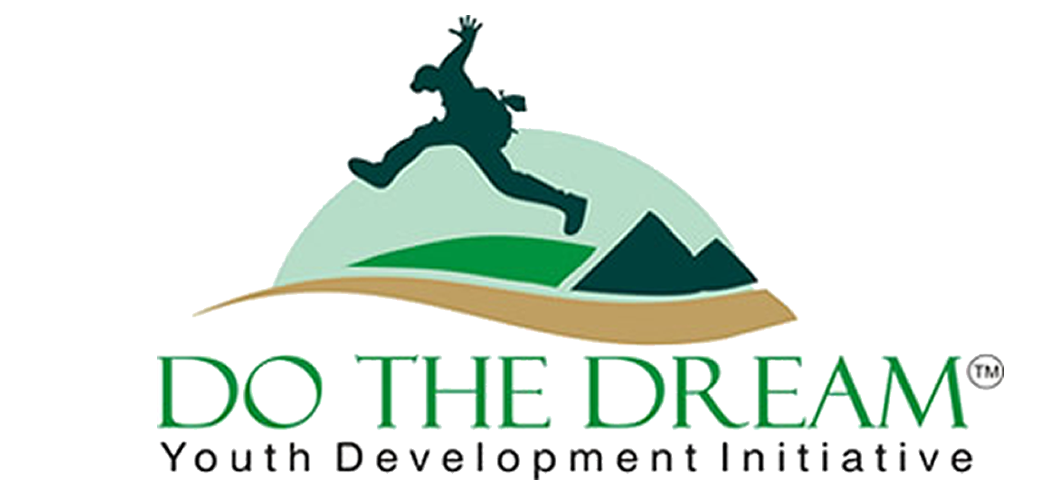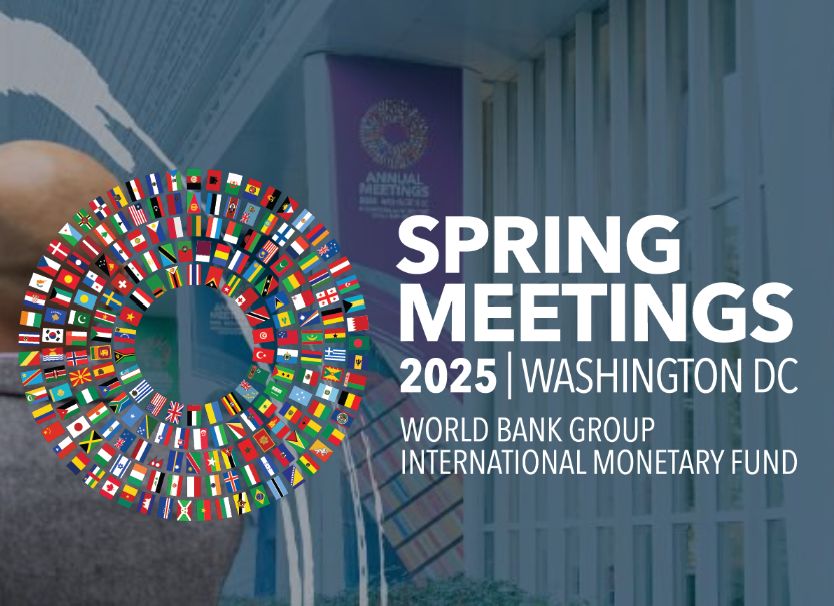
As the The World Bank and International Monetary Fund Spring Meetings approach (April 21–26, 2025), hashtag#DoTheDreamYDI is gearing up to join vital conversations around youth development, gender equity, energy, resilience, and inclusive development.
Why does this matter?
Because youth development isn’t just a buzzword — it’s a living, breathing force for progress. It’s about building economies rooted in care, compassion, and meaningful opportunity. It’s about jobs, justice, and generational impact.
Today, over 65% of the global population is under the age of 30 — yet far too many young people remain unemployed or underemployed. We can’t afford to waste this potential. It’s time to think differently. It’s time to engage youth creatively — transforming skills into service, challenges into solutions, and passion into sustainability.
When youth are engaged, the future is secure.
Posterity becomes something we live out today.
And the world becomes a more just, vibrant, and sustainable place for all.
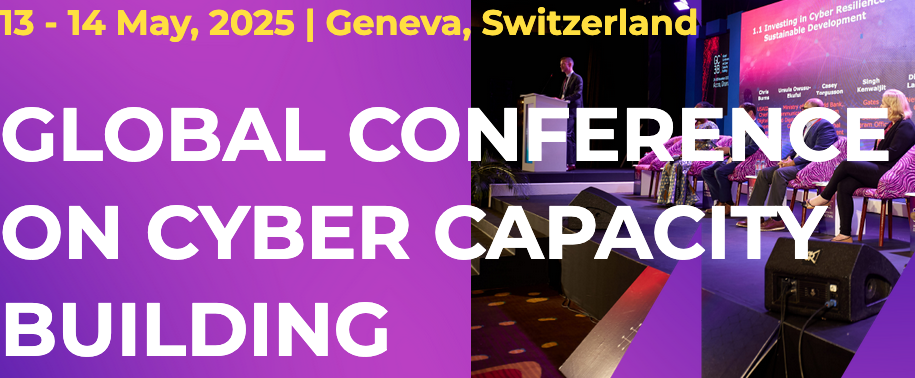
Geneva Cyber Week 2025
Geneva Cyber Week 2025 will bring together experts from a variety of sectors across multiple events to discuss the latest developments, challenges and opportunities in cybersecurity. More details on the agenda and events will be available soon
Accompanying events
As part of Geneva Cyber Week 2025, a series of supporting events will provide additional opportunities for engagement, networking, and visibility. These events highlight Geneva’s role as a hub for international dialogue on cybersecurity while fostering collaboration among stakeholders.

APPLICATIONS NOW OPEN: NEW SCHOLARSHIP FOR WIA-EUROPE MEMBERS
WIA-Europe and European Institute of Innovation for Sustainability (EIIS) are pleased to announce a new € 9000 scholarship for WIA-Europe members as part of their partnership agreement.
The Space Entrepreneurship Master’s Program
The one-year Space Entrepreneurship Master’s Program offers both academic and experiential learning, exploring new business opportunities and innovative applications within the New Space Economy. Please refer to the Master’s brochure ( https://www.eiis-education.com/master-space-entrepreneurship ) and the program website (https://www.eiis.eu/master-space-entrepreneurship ) for detailed information on the content and technical aspects of the program.
Scholarship
The €9,000 grant covers full participation in the Master’s program, with the only exception being travel and accommodation expenses for the trip to AIRBUS facilities in Munich, which participants will need to cover themselves (travel & accommodation).
Inviting you to apply
Most of the participants have 5–6 years of experience in the sector. However, highly motivated individuals from other industries who demonstrate a strong passion for and commitment to entering the space sector are also encouraged to apply.
This opportunity is exclusive to WIA-Europe members.
Timeline : Application Deadline: 15th April.
Interviews for Final Selection: Three candidates will be selected for a final interview on 16th and 17th April.
Program start: May 2025
The final stage of the selection process will involve an interview with the Program Director to assess the candidate’s suitability and English proficiency.
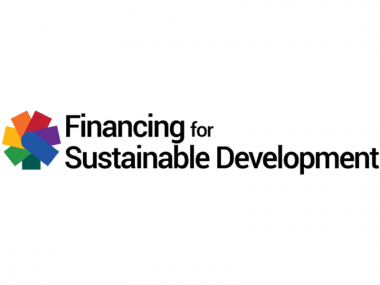
FfD4 – Fourth session of the Preparatory Committee for the fourth International Conference on Financing for Development Event Dates: 30 April to 1 May 2025 Venue: UN Headquarters, New York, USA
The UN General Assembly, in its resolution 78/231, decided to convene a fourth Financing for Development Conference
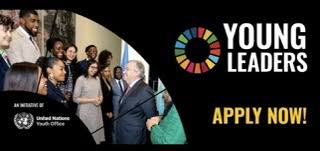
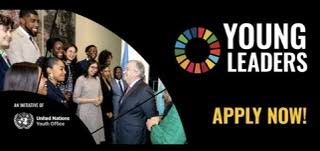
Applications now open for Young Leaders for the SDGs
Dear Major Groups and Stakeholders,
We are pleased to share that the UN Youth Office has officially launched the search for the next cohort of 17 Young Leaders for the SDGs!
On a biennial basis, the Youth office is proud to recognize outstanding young leaders between 15 and 35 years old for their agency, courage and ingenuity in finding lasting solutions to the world’s greatest challenges. Becoming a Young Leader is a title of recognition from the United Nations for young people who are excelling in their contributions to helping deliver on the SDGs in their communities.
Throughout the two-year term, these 17 Young Leaders will engage young people for the 2030 Agenda, not only through their existing initiatives, platforms and networks but through advocacy opportunities with the United Nations and our partners. For inspiration, you can check out the profiles of previous Young Leaders from the 2022 cohort, 2020 cohort, 2018 cohort and 2016 cohort.
How can you engage and support the call for applications?
- Spread the word on social media. A dedicated social media toolkit is available on Trello, including assets and copy translated into Arabic, Chinese, English, French, Portuguese, Russian and Spanish. Please feel free to amplify and circulate widely to your networks (especially via country-level colleagues working closely with young people on the ground).
- Make sure to use #YouthLead and tag @UNYouthAffairs in your posts.
- The easiest way to support is by sharing our launch posts on X/Twitter, Facebook, Instagram, LinkedIn, TikTok, Threads or by using this click-to-tweet.
- Encourage young people across your networks to apply. We are looking for diverse young people from all over the world between the ages of 15 and 35 who are driving change globally and/or in their communities. Applications are now open here and will close on Friday, 18 April 2025 at 11:59 pm ET.
Many thanks in advance for your support in helping to identify and recognize the next set of inspirational Young Leaders who are leading us towards the world we all want.
Best regards,
Civil Society Unit
Governance Affairs Office
United Nations Environment Programme
Contact CSU
Contact SGB
UNEP Civil Society Engagement | CPR Website | UNEA website
Governing Bodies Roadmap of Meetings
